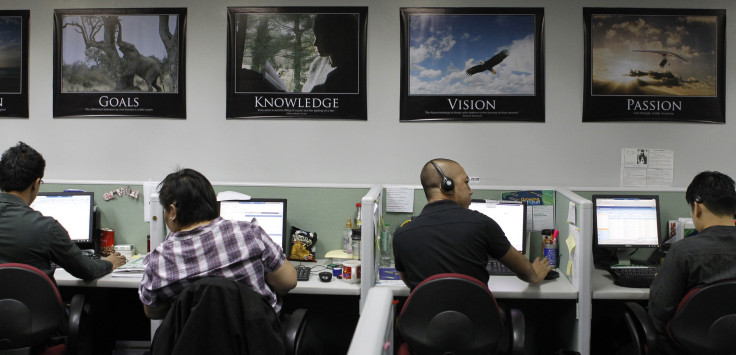Filipino Jobseekers Put Work-Life Balance As Priority, Higher Than Global Average: Study

KEY POINTS
- A study by Jobstreet found that 73% of Filipino jobseekers prefer having a stable job with work-life balance
- Work-life balance is the second consideration for digital and passive Filipino talents after financial compensation
- A Filipino senator introduced a bill that penalizes employers who intrude on workers' rest hours
Most Filipino jobseekers see a stable career that allows for good work-life balance as their ideal career path, a new study has revealed.
According to "What Job Seekers Wish Employers Knew: Unlocking the Future of Recruitment," a study published by Jobstreet, at least 73% of Filipino jobseekers said they prefer a stable job with good work-life balance, which would allow them to have time with their family, friends, and hobbies.
The result was higher than the Southeast Asia average of 71% and the global average of 69%.
The study also found that having work-life balance (28%) was the second major consideration of those surveyed for taking a job after financial compensation (35%).
The study determined the priority order for selected talent segments in the Philippines in terms of what they're looking for in a job and found that having work-life balance is the second consideration for digital talents and passive talents, the fourth for deskless workers, and the sixth for experienced talents. All talent segments strongly care about financial compensation, which includes salary and bonuses.
Meanwhile, for Filipino respondents who are not actively looking for a job but are open to good offers, 31% of them said having a better work-life balance at a new job could raise their interest.
In an interview with Philippine news outlet ABS-CBN News, Jobstreet Philippines country manager Philip Gioca said the COVID-19 pandemic changed the Filipino talent market.
"If the workplace is toxic, even if the salary is high, they won't take it. Because Filipino workers now value a balanced life, to eliminate mental sickness or mental health issues," Gioca said.
The Jobstreet study recommends that employers ensure that corporate culture meets the expectations of modern Filipino jobseekers, such as providing good work-life balance and flexibility by allowing them to work from home and giving them access to family support services.
Another report revealed that most Filipino workers are willing to forgo higher salaries or job promotions to attain work-life balance.
According to a "Talent Trends 2022 Report" by Michael Page Philippines, a professional recruitment services firm, 73% of respondents said they prefer better work-life balance and happiness over a pay raise and job promotion.
At least 91% of the respondents in the talent report believe their employers have done nothing to ensure work-life balance, and 60% of them said they have more workload now compared to before the pandemic.
Last year, Philippine Sen. Francis Tolentino introduced legislation that penalizes employers who intrude on their employees' rest hours.
Tolentino's Senate bill prohibits employers or any of their agents from requiring employees to work or talk with them regarding work during their rest hours, according to Philippine online news outlet Philstar.
The proposed bill would require violators to pay affected workers around $18 each per hour of work rendered during the prescribed rest hours.
Employers could also face jail time of up to six months and a fine of over $1,800 if they were found discriminating against workers who choose to assert their rights under the proposed legislation.

© Copyright IBTimes 2024. All rights reserved.






















